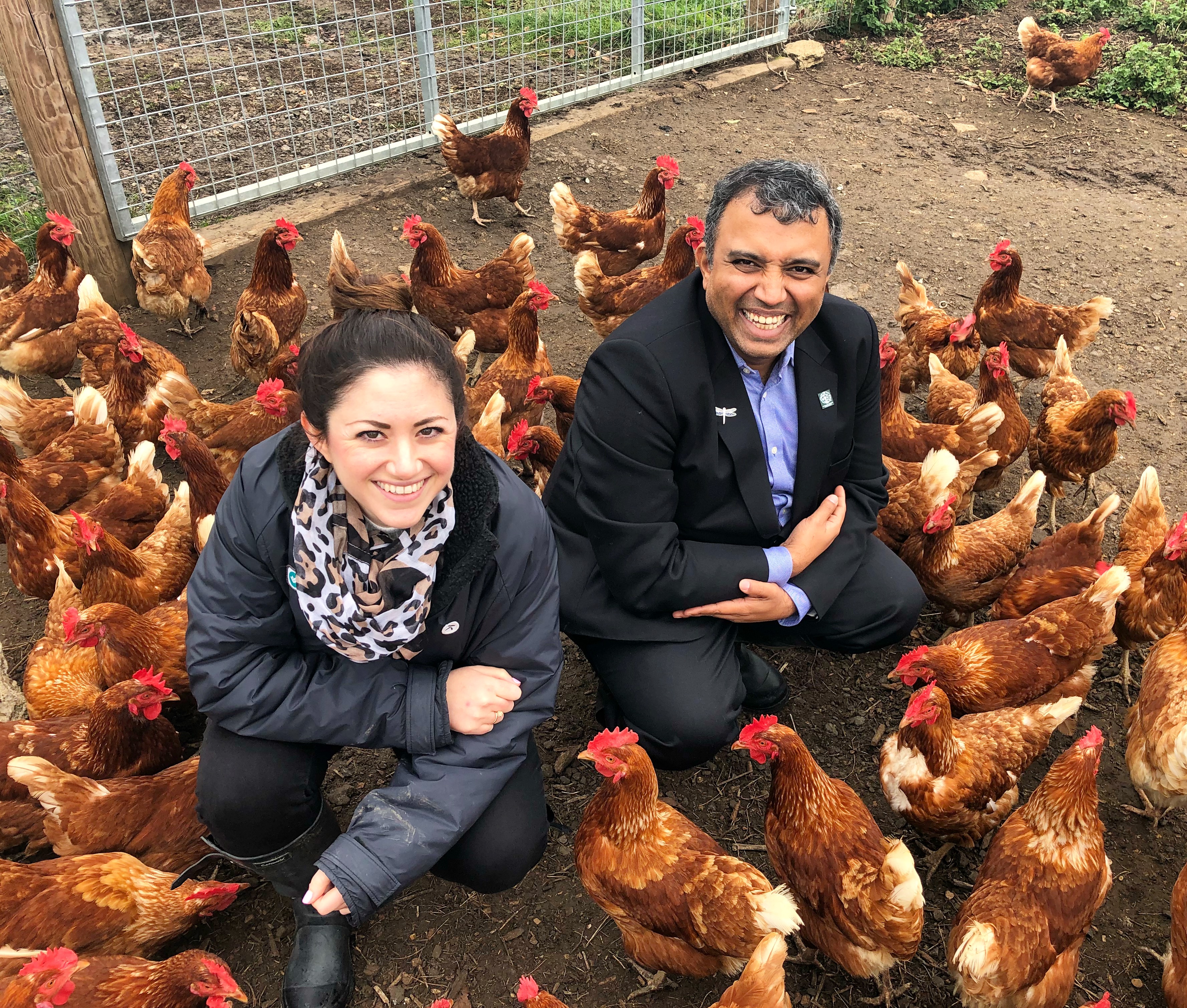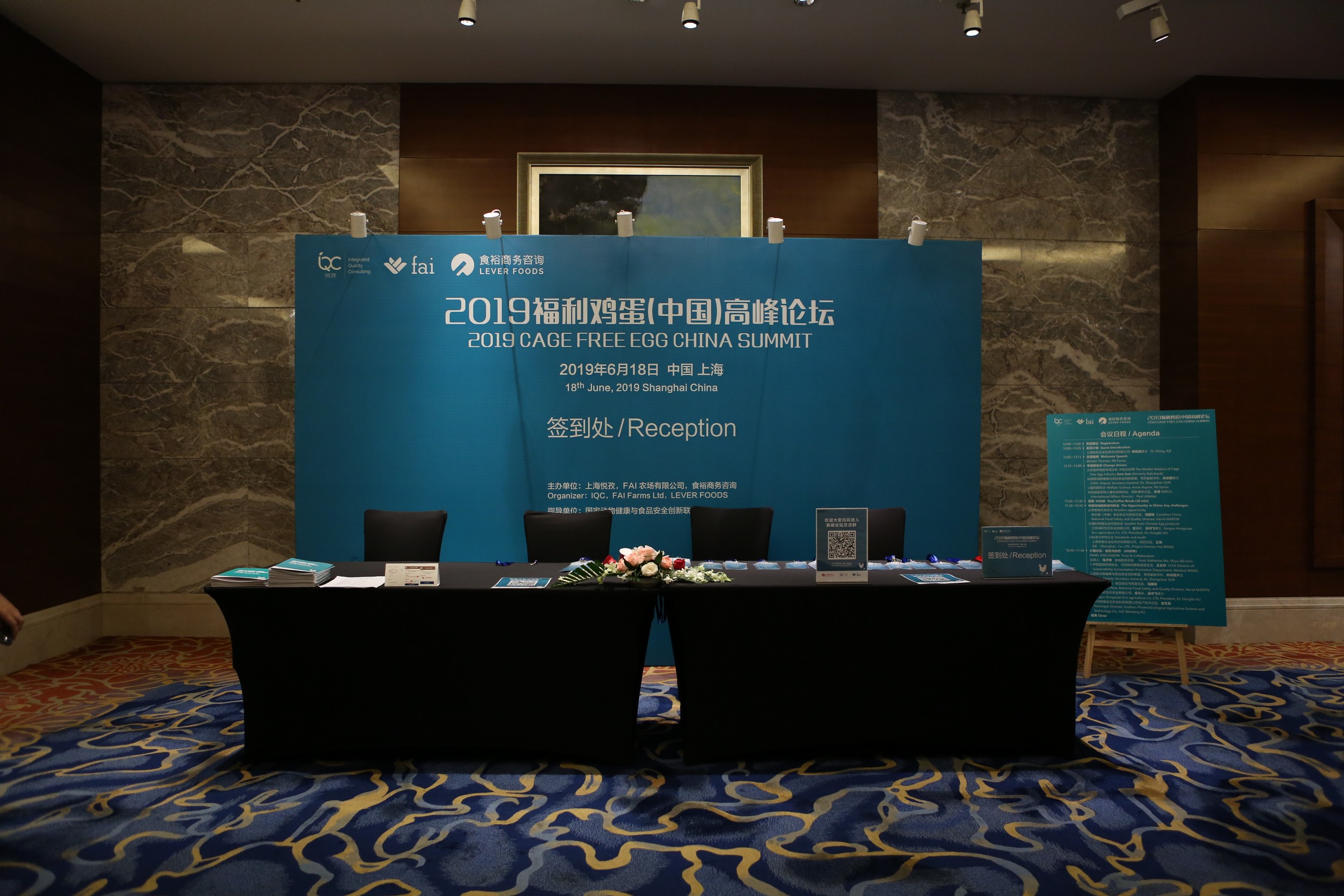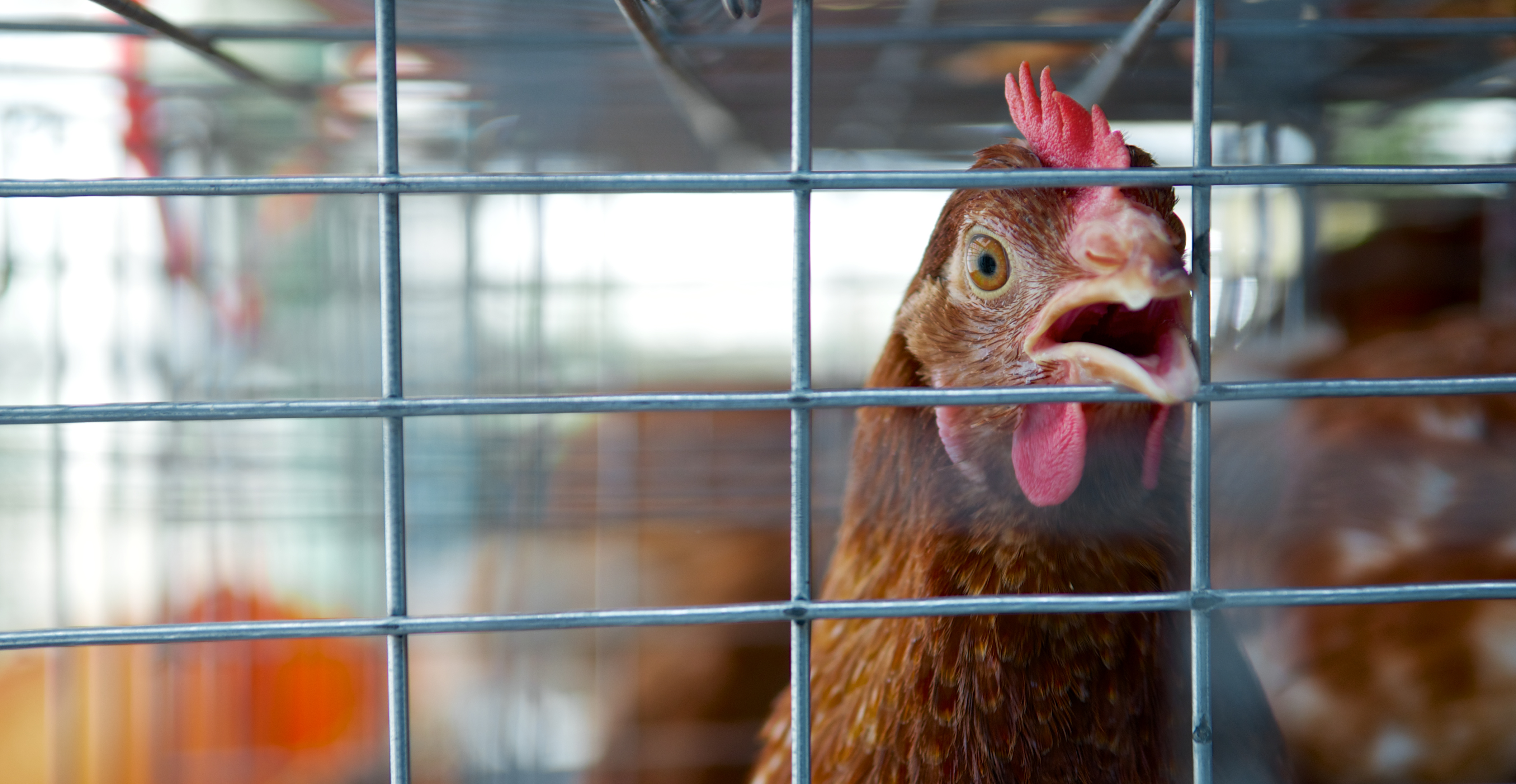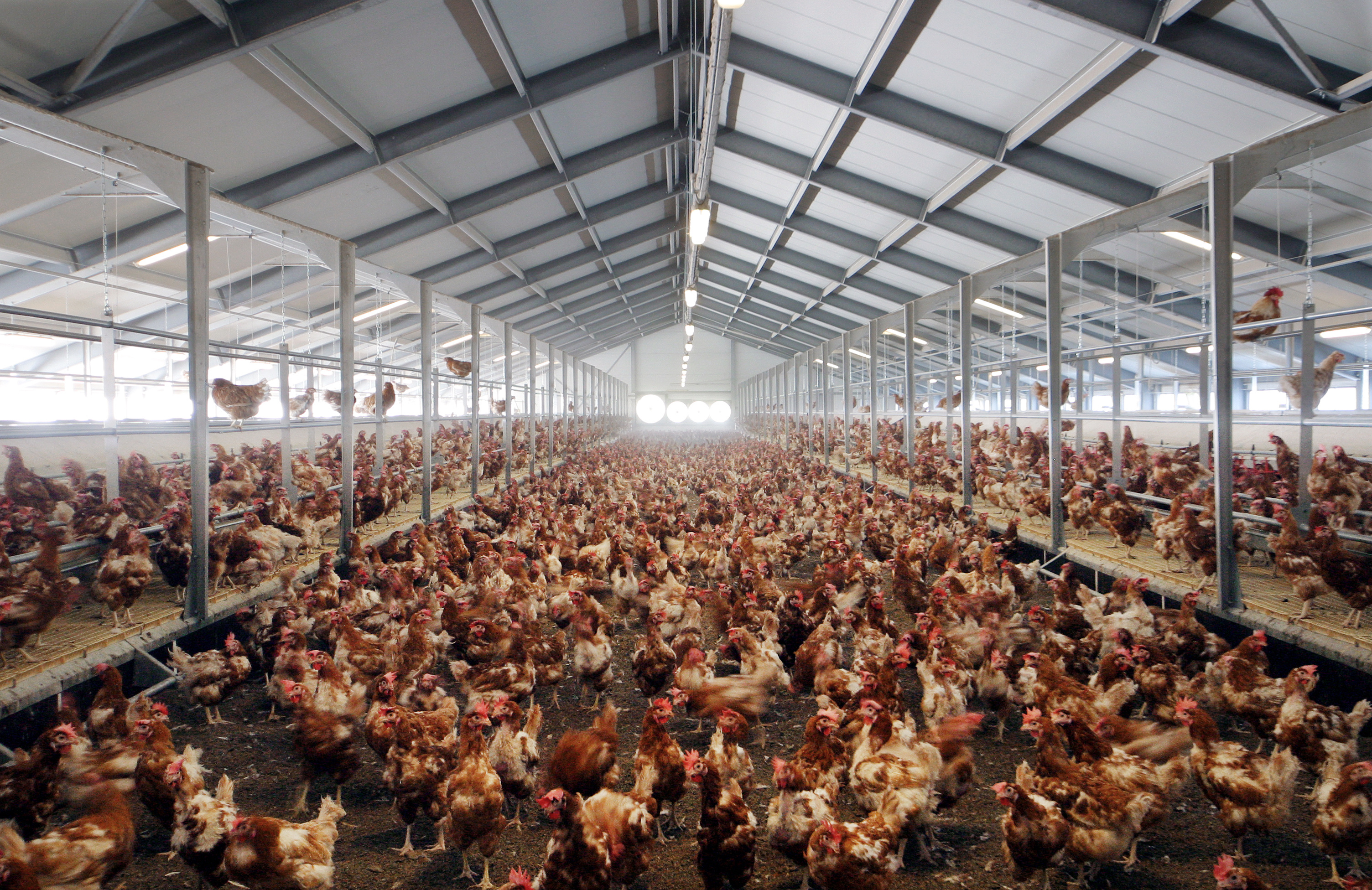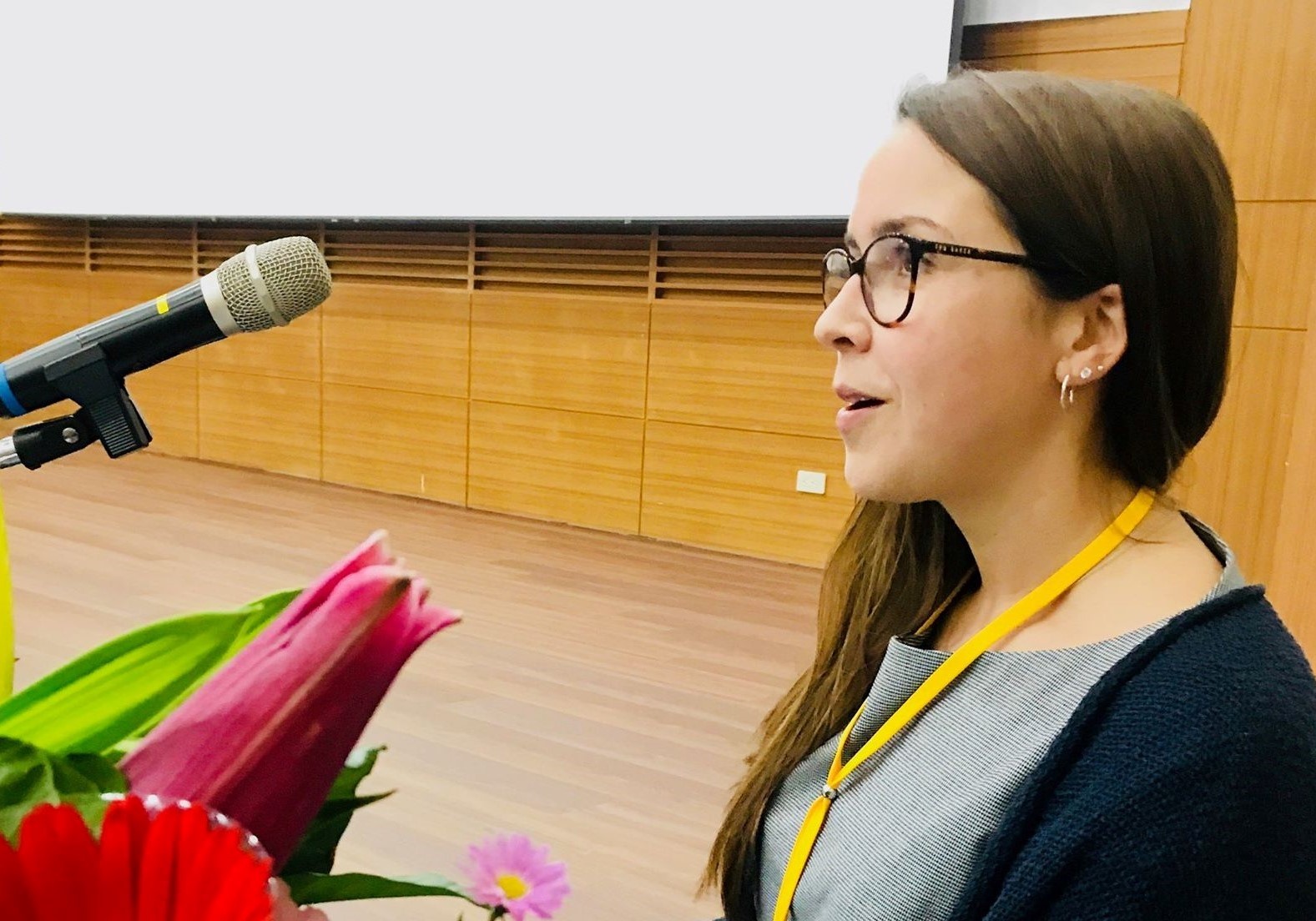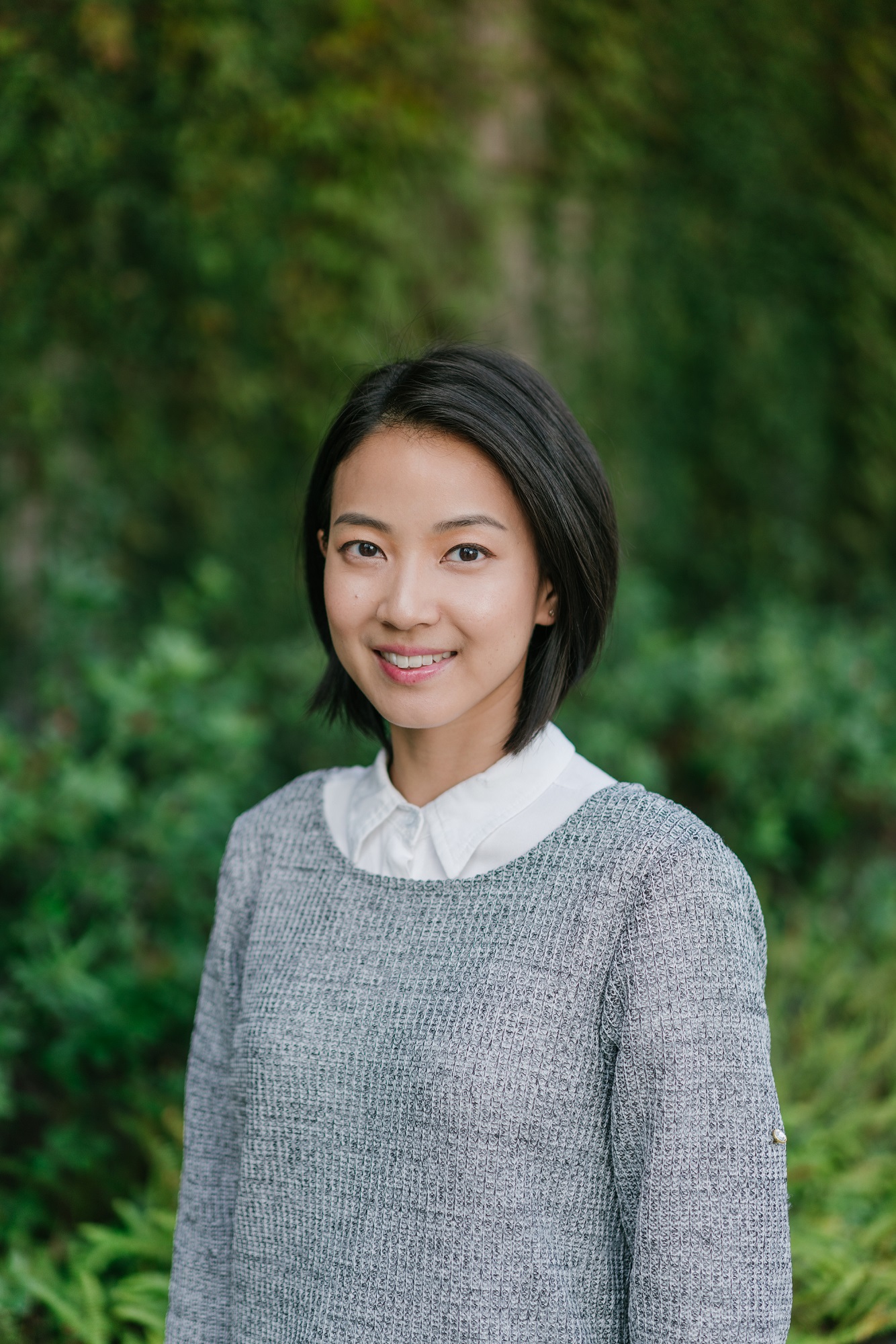



Five steps to going cage-free in China
The organisers of the 2019 China Cage Free Egg Summit offer their top tips for going cage-free successfully.Part of Series:
< Previous Article in Series Next Article in Series >
Currently, cage-free egg production makes up just 10 percent of Chinese egg production. Therefore, caged egg producers in China need to switch to cage-free methods to keep pace with the increased demand for cage-free eggs.
Such a significant transition will impact every level of the egg industry and our collective challenge is to manage the change in a way that delivers what the consumer wants whilst also bringing benefits to the farmer and the welfare of the laying hens.
Supporting China's transition to cage-free egg production
The 2019 China Cage Free Egg Summit organisers believe there are three important components to managing a sector-wide transition from caged to cage-free egg production in China:
Firstly, we must understand the particular conditions of the Chinese egg sector, and bring together industry leaders, influencers and decision makers.
Secondly, we must foster the collaboration, infrastructure, standards and regulations that will create consumer trust and support industry change.
Thirdly, we must make practical support, training and information readily available to help farmers and companies successfully implement new production systems.
So what are the five steps that companies can take to go cage-free successfully?
Five steps for your company to go cage-free
Hundreds of leading food companies around the world, including dozens of leading food companies operating in China, have announced a plan to switch to using only free-range or cage-free eggs. Here are the five easy steps that each of these companies has taken to go free-range or cage-free, and that your company can take as well.
Step 1: review information
Learn more about the issue and the benefits of moving to free-range or cage-free eggs. Please contact the conference organisers if you would like more information.
Step 2: review current egg supply
With your purchasing team, review the volume of eggs required by your company, the types of egg products used (for example, shell eggs versus liquid or other processed egg products) and your current sources of eggs.
Step 3: speak with current egg suppliers
Your current egg suppliers are likely to work with you to move to free-range or cage-free eggs, as they want to retain your business. As long as you give them time to stock free-range or cage-free eggs (if they don’t already), they will likely be willing and able to meet your needs. Let them know the timeline within which you plan to transition to free-range or cage-free eggs, to see whether or not they can meet your needs.
Step 4: if necessary, speak with other egg suppliers
If your current egg supplier is not willing to work with you to provide free-range or cage-free eggs, there are dozens of other suppliers who would be happy to do so and who already carry free-range or cage-free eggs. The conference organisers can provide you with a list of free-range and cage-free egg suppliers in your region. Reach out to several such suppliers to discuss your egg supply needs and planned timeline for switching to free-range or cage-free eggs.
Step 5: announce a free-range or cage-free plan
After you have confirmation from a supplier that they will be able to meet your needs, share an update about your plan to switch to free-range or cage-free eggs with your customers. This can be done through adding text to a relevant section of your website, posting on your social media account, sharing a quote with the conference organisers, and issuing a press release. Be sure to note that you will be switching to using only free-range or cage-free eggs and share the timeline (number of months or years) over which you will be making the transition.
The 2019 China Cage Free Egg Summit will take place at the Shanghai Marriott Hotel City Centre on Tuesday 18 June 2019. Click here to access tickets.
Contact the conference organisers:
IQC: Dr Xiong – [email protected]
Shiyu: Katherine Maa – [email protected]
FAI Farms: Øistein Thorsen – [email protected]










